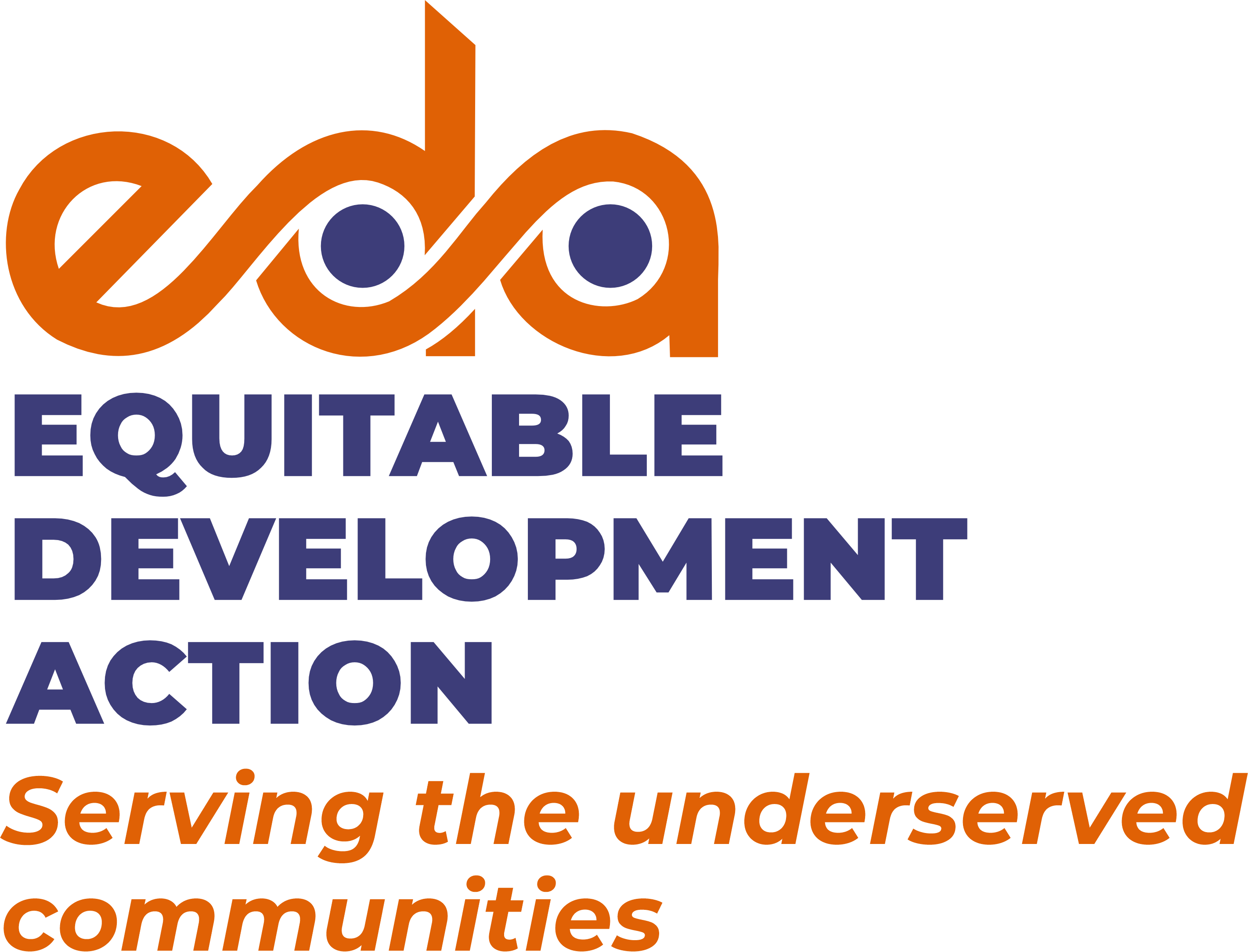
5 Tools Every Small Business Should Be Using
Running a small business takes more than passion, it takes systems. In today’s digital world, using the right tools can mean the difference between staying stuck and scaling up. At Equitable Development Action (EDACT), we help underserved businesses access not just funding and technical assistance, but also the digital infrastructure that drives sustainable growth.
Here are five essential tools that every small business in the U.S. should be using to work smarter, streamline operations, and build long-term success
1. Canva – Design Made Simple
Professional design isn’t just for big brands. Canva gives small business owners the ability to create high-quality graphics, flyers, presentations, social media content, and more—with no prior design experience.
Why it matters:
A strong visual brand helps you stand out and communicate clearly with your customers.
Use it for:
Social media marketing
Event flyers
Business cards
Pitch decks
Pro tip: Canva offers a free version and nonprofit discounts.
2. QuickBooks – All-in-One Accounting
Bookkeeping can be overwhelming, but QuickBooks makes it manageable. From tracking income and expenses to handling payroll and tax prep, QuickBooks keeps your finances organized and audit-ready.
Why it matters:
Financial visibility helps you make smarter decisions and stay funding-ready.
Use it for:
- Invoicing
- Payroll
- Expense tracking
- Financial reporting
Pro tip: Many small business lenders ask for QuickBooks reports—get familiar with them early.
3. Google Workspace – Work from Anywhere
Google Workspace (formerly G Suite) provides cloud-based tools like Gmail, Docs, Sheets, Slides, and Drive that enable real-time collaboration with your team or partners.
Why it matters:
Efficient communication and shared documentation keep your business agile and organized.
Use it for:
- Document sharing
- Team communication
- Scheduling and calendar management
- Cloud storage
Pro tip: Google offers free Workspace accounts for verified nonprofits.
4. Airtable – Smarter Organization
Think of Airtable as spreadsheets that can do more. It lets you build databases for just about anything—customer relationships, event planning, product inventory, or grant tracking—with a visual and intuitive interface.
Why it matters:
Airtable helps you organize data visually and work more efficiently, even without coding experience.
Use it for:
- CRM (customer relationship management)
- Project management
- Grant or donor tracking
- Operations planning
Pro tip: Airtable has free plans and templates designed specifically for small teams and nonprofits.
5. EDA Training Academy – Build Your Capacity
Our own EDA Training Academy is a dedicated learning hub for small businesses and nonprofits in underserved communities. With culturally relevant, real-world courses, we focus on helping you scale your operations and become funding-ready.
Why it matters:
Tools are only powerful when you know how to use them. EDA helps you grow your skills alongside your business.
Use it for:
- Financial literacy
- Compliance & policy navigation
- Nonprofit management
- Business development
Pro tip: Explore free and low-cost workshops online: academy.edact.org
Final Thoughts
No tool can replace your drive and vision, but the right ones can make the journey smoother, smarter, and more sustainable. Whether you're just starting out or leveling up, these tools offer practical support for growth.
Want hands-on help?
Connect with EDACT to access capacity-building support, mentorship, and tailored technical assistance. We’re here to help your business thrive.
👉 Visit edact.org to learn more.
👉 Subscribe to our newsletter for future toolkits and workshops.
